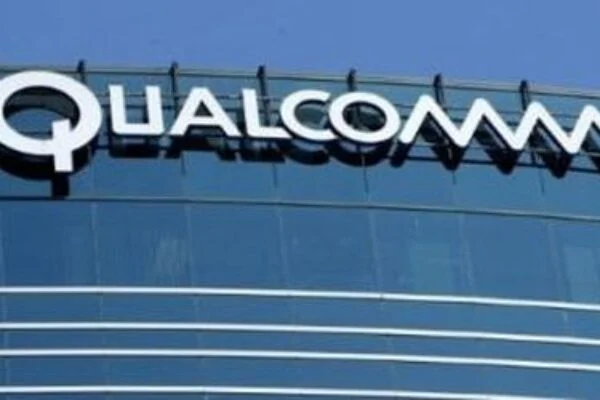Qualcomm has announced a three-year deal with Apple to supply the iPhone manufacturer with 5G communication chips. Under this agreement, Qualcomm will provide modem chips for Apple’s smartphone launches in 2024, 2025, and 2026. The terms of this deal are reported to be similar to previous arrangements between the two companies.
Historically, supply deals between Qualcomm and Apple have been financially significant for both parties. In Qualcomm’s last fiscal year, sales of modems to Apple amounted to approximately $7.26 billion, constituting about 16% of Qualcomm’s total revenue, according to estimates by UBS. However, Qualcomm did not disclose the specific financial details of this latest agreement with Apple.
This new deal between Qualcomm and Apple may indicate that Apple’s ongoing efforts to develop its own modems are not yet ready to be integrated into the company’s flagship iPhones. Apple had acquired Intel’s smartphone-modem business in 2019 for $1 billion, which included a team of approximately 2,200 staff members and a portfolio of patents. The move was seen as an attempt by Apple to reduce its dependence on external chip vendors like Qualcomm.
Apple has a track record of developing its own technology and reducing reliance on external chip suppliers. In 2010, Apple introduced its first processing chip for its iPad and iPhone products. These internally developed mobile chips have contributed to Apple’s performance and battery life advantages over Android phone rivals.
In 2020, Apple began producing its own laptop processors, transitioning away from its long-time Mac chip partner, Intel. Apple’s in-house chips have provided a significant boost in processing speed and extended battery life for its Mac lineup, helping the company gain an edge over Windows-based PCs.
Developing communications chips capable of handling real-world signals and delivering fast data and voice calls is a highly challenging task. Only a few companies worldwide possess the expertise and capability to manufacture such chips, including Qualcomm, MediaTek, and Samsung.
Over the past decade, Qualcomm and Apple have had a complex and at times contentious relationship, including a protracted legal battle over Qualcomm’s chip supply to Apple. Apple had alleged that Qualcomm imposed excessive patent-royalty fees as a condition for purchasing essential chips, leading to legal disputes between the two tech giants.












